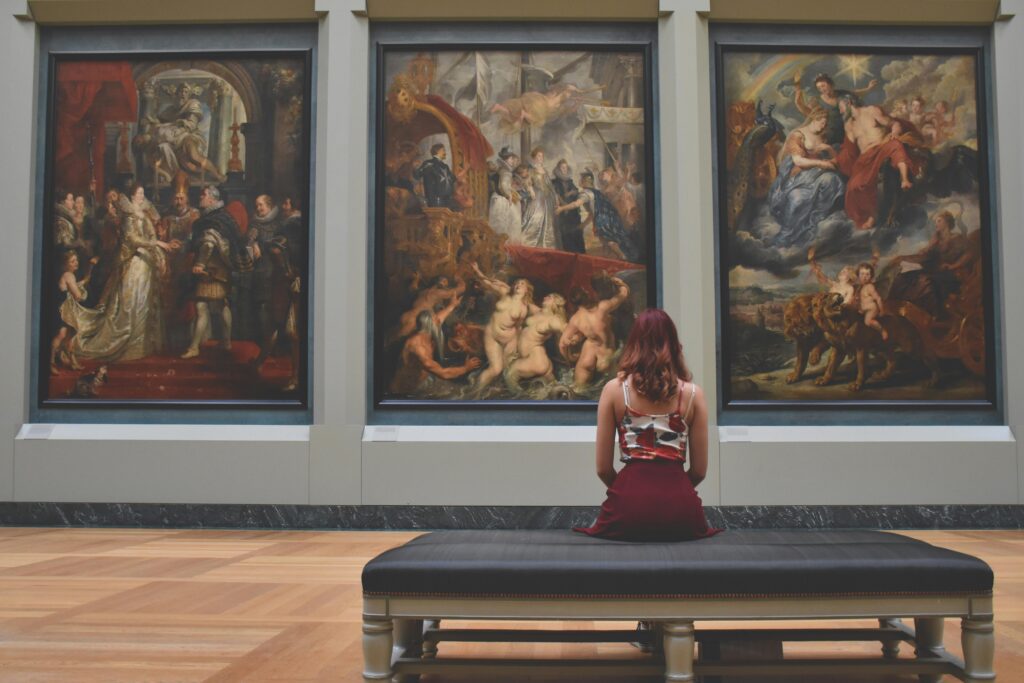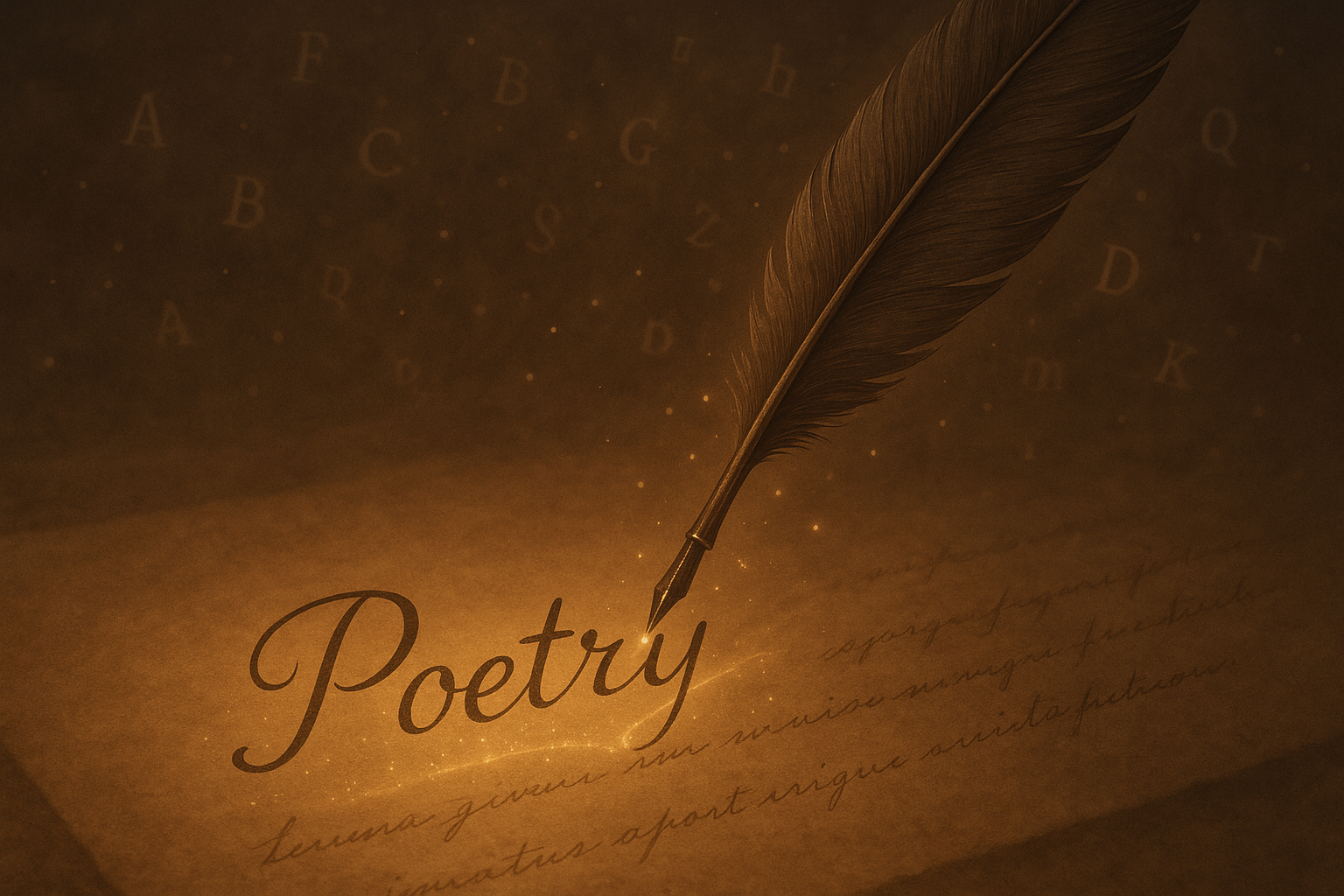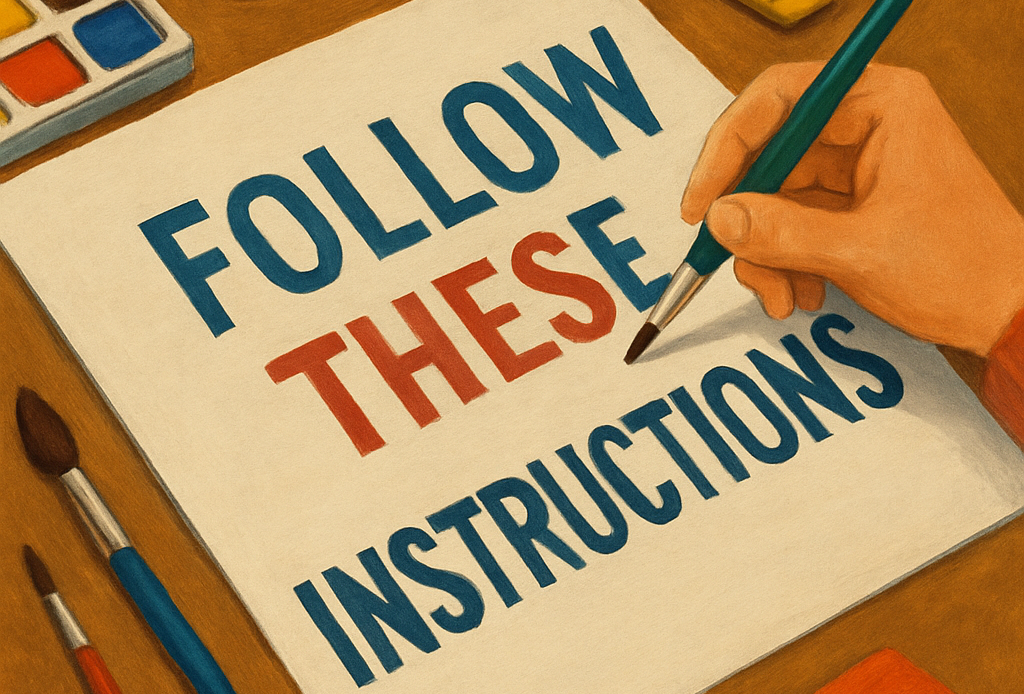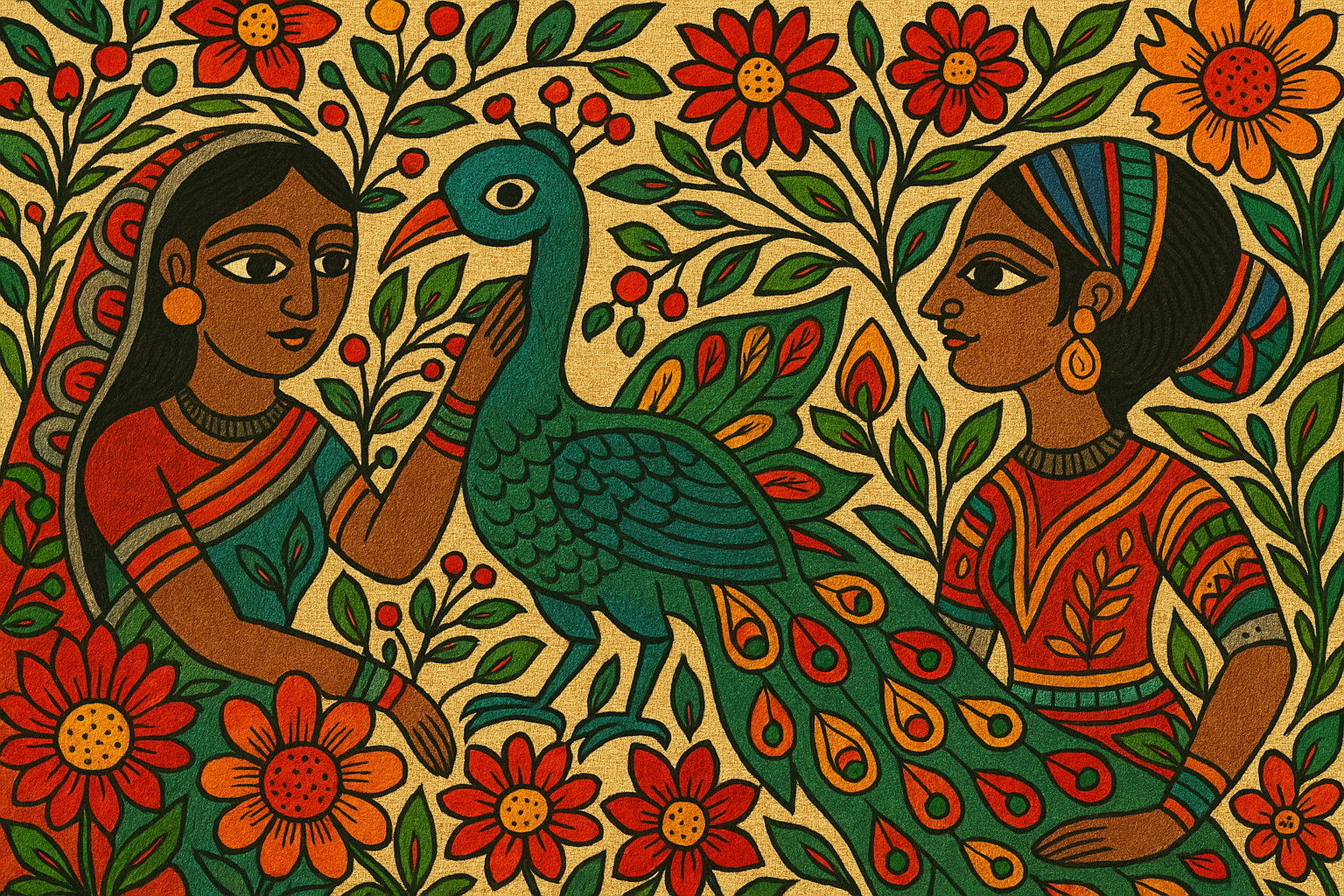Featured Image Idea: A quill pen glowing as it writes on parchment, with soft rays of light and letters floating into the air like whispers.
What is Poetry?
Poetry is one of the earliest and most powerful forms of art. Long before books, people shared their stories and emotions through verse. A poem is more than a collection of words—it is language shaped into rhythm, sound, and meaning. Unlike prose, which explains, poetry often suggests, feels, and resonates.
It is a way of turning human experiences—love, grief, joy, fear, or hope—into something universal. That’s why even a short poem can carry the weight of an entire book.
The Many Faces of Poetry
There is no single way to write or experience poetry. Across time and cultures, countless forms have emerged, each with its own beauty:
- Lyric Poetry – Short, emotional pieces that express personal feelings, often about love or nature.
- Narrative Poetry – Longer verses that tell a story, like Homer’s Odyssey or epics from Indian and Persian traditions.
- Haiku – A three-line Japanese form focusing on nature, simplicity, and mindfulness.
- Free Verse – Modern poems without rhyme or strict structure, offering freedom of expression.
- Spoken Word – Performance poetry, raw and rhythmic, often highlighting personal or social struggles.
This variety is what makes poetry universal—there is a style for every voice and every reader.
Why Poetry Still Matters Today
In today’s fast-paced digital world, where attention spans are short, poetry remains a timeless refuge. A poem doesn’t demand hours—it can touch the heart in just a few lines.
Here’s why poetry continues to matter:
- Emotional Connection – It expresses what we often cannot say in daily conversation.
- Healing Power – Reading or writing a poem can reduce stress, offer comfort, and bring peace.
- Cultural Mirror – Poems preserve history, beliefs, and values of societies.
- Inspiration – A verse can spark courage, creativity, or a new way of thinking.
- Accessibility – You don’t need to be an expert to enjoy poetry; anyone can write or read it.
From Shakespeare’s sonnets to Instagram poets like Rupi Kaur, verse continues to adapt and thrive.
The Rhythm of Emotions
What makes poetry unique is its ability to turn feelings into rhythm. A few carefully chosen words can move us to tears or fill us with hope.
Think about the sound of rain, the silence of dawn, or the warmth of a smile—poetry transforms these everyday experiences into something deeper. While novels may explain, poems often evoke. They live not only in the mind but also in the heart.
How to Begin Writing Your Own Poem
Writing poetry can feel intimidating, but it doesn’t have to be. You don’t need to follow strict rules or master complicated forms. Here are some simple steps to get started:
- Choose a Subject – A memory, a feeling, or even an object in your room.
- Write Freely – Don’t worry about rhyme or rhythm at first. Let the words flow.
- Focus on Images – Use senses: What do you see, hear, feel, smell, or taste?
- Play with Sound – Notice how words feel when spoken aloud.
- Refine Gently – Once your ideas are on paper, polish them without losing emotion.
Prompt Idea:
“Write about the sound of rain at night when you cannot sleep. What does it remind you of? What emotions does it bring?”
Voices Worth Exploring
If you’re just stepping into the world of verse, here are a few timeless poets and their unique flavors:
- Robert Frost – Nature, simplicity, and quiet reflection.
- Emily Dickinson – Intimate, mysterious, and deeply personal lines.
- Maya Angelou – Bold, inspiring, and full of strength.
- Rumi – Spiritual, universal wisdom that transcends cultures.
- Pablo Neruda – Romantic, passionate, and lyrical.
- Rabindranath Tagore – Philosophical and lyrical reflections on life and humanity.
Reading their work can open doors to different perspectives and inspire your own voice.
The Universal Power of Verse
Across history, poetry has been used for more than beauty—it has been a tool for protest, healing, and transformation. Civil rights movements, revolutions, and personal journeys have all carried poems as their banners.
Even in modern times, spoken word and slam poetry are powerful outlets for young voices fighting for justice, identity, and hope. The art form continues to prove that words, when chosen carefully, can change hearts and societies.
Final Thought
Poetry is not reserved for classrooms, scholars, or dusty bookshelves—it belongs to everyone. Whether you’re writing in a notebook, performing on stage, or sharing lines online, your words carry meaning.
At its core, poetry is the art of turning life into language.
So take a moment, listen to your heart, and let your words dance on the page.





Leave a Reply